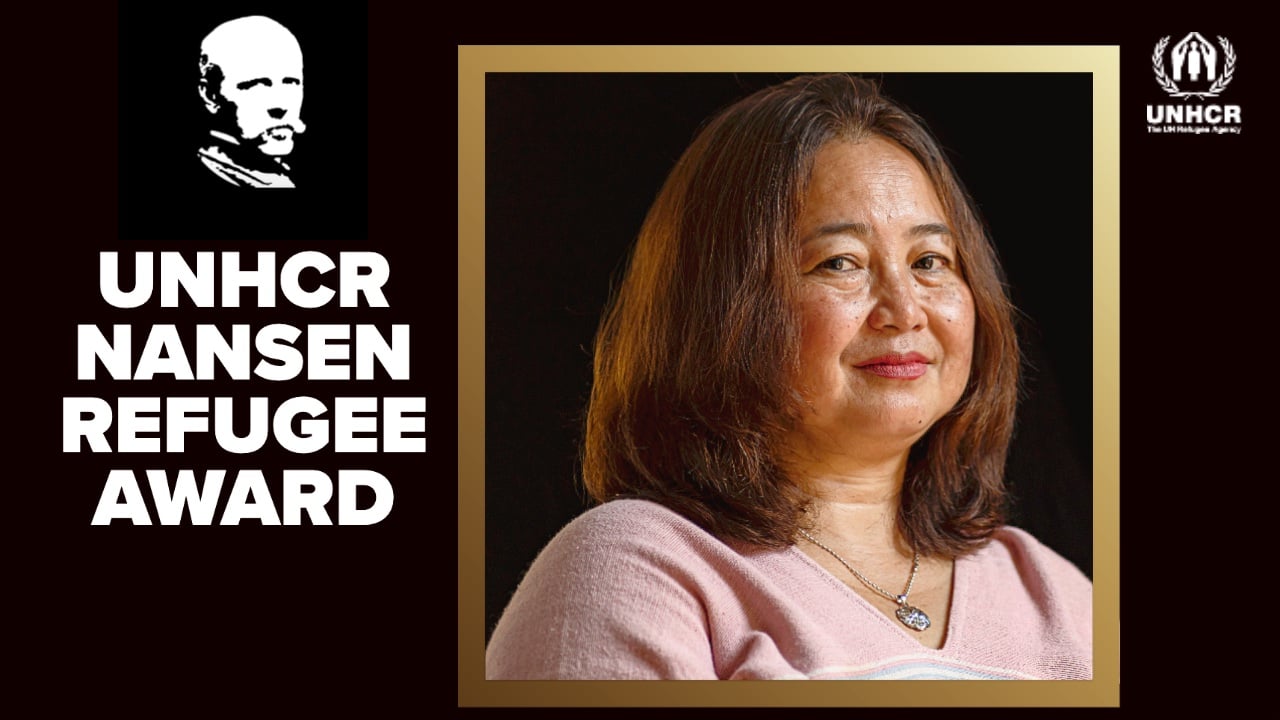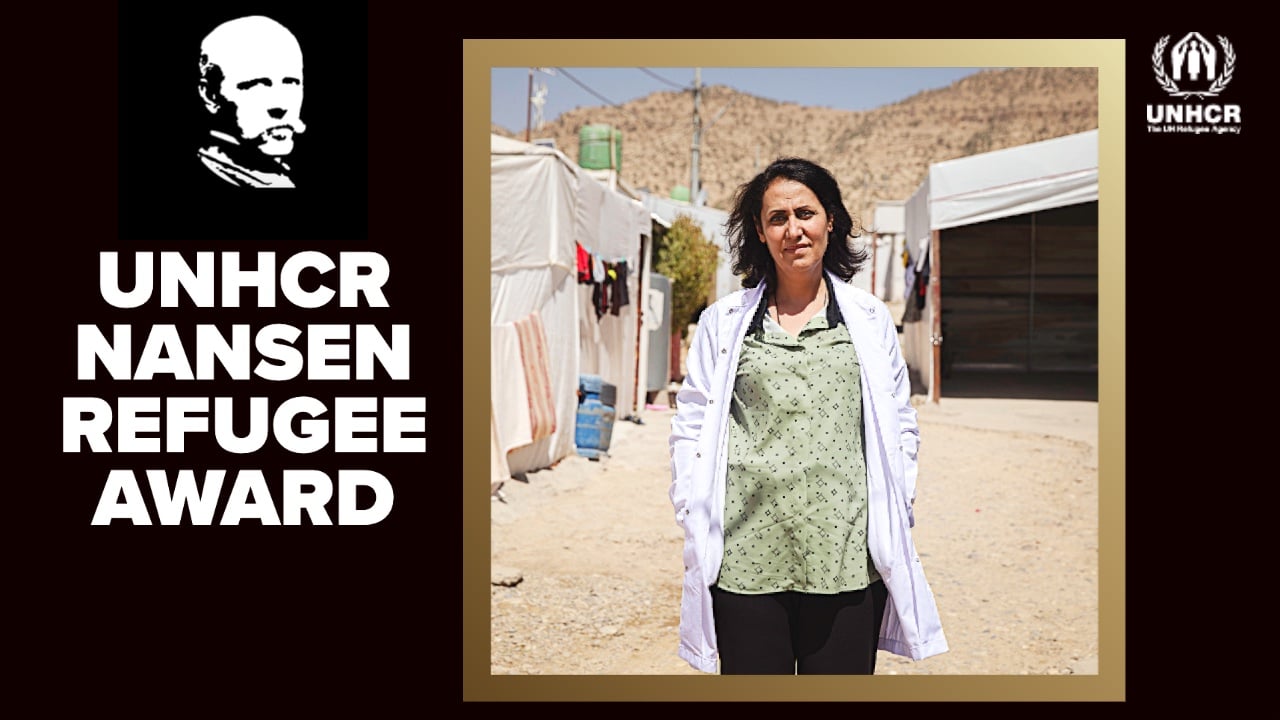UNHCR concerned about safety of displaced persons in Sri Lanka
UNHCR concerned about safety of displaced persons in Sri Lanka
The UN Refugee Agency (UNHCR) is deeply concerned about reports of security incidents taking place inside camps accommodating internally displaced persons (IDPs) in northern Sri Lanka.
The most recent incident took place on Saturday, September 26th in the Menik Farm camp, in the district of Vavuniya, when security forces reportedly attempted to stop a group of IDPs from moving between two zones of the camp. This angered the IDPs who subsequently attacked the sentries.
Security personnel then reportedly opened fire to disperse the mob. Several people are said to have been injured, including a child who was hit by a stray bullet and is now paralyzed. There are also reports of several people being detained following the disturbance. UNHCR calls upon the government to ensure the protection and physical security of the IDPs and to undertake a swift investigation into the event.
This latest episode reinforces repeated calls by the UN and the international community to the government of Sri Lanka to accelerate the return process and restore freedom of movement for those displaced who choose to remain in the camps. It also shows the need to implement the host family programme that the government has announced, and which the UN has welcomed, which allows citizens to host IDPs.
Additional efforts are urgently needed to decongest overcrowded camps, particularly as the monsoon season approaches. The rains will lead to flooding of low lying areas of the camps, causing further deterioration of living conditions and posing possible threats to IDPs' health and safety.
Since June, at the request of the government, UN agencies together with partners have been carrying out work at the Menik Farm IDP sites to prepare them for the rainy season. However, UNHCR has advised the government that the sites are not adequately equipped to cope with the monsoons given the number of IDPs residing there.
Menik Farm consists of seven zones and is one of 21 closed camps spread across the Vavuniya, Jaffna, Mannar and Trincomalee districts. The camps accommodate more than 250,000 persons displaced by conflict. A government security screening process aimed at separating ex-combatants from civilians means that residents of the camps have no freedom of movement.
UNHCR acknowledges the government's release of some 15,000 IDPs from the camps since early August, including many vulnerable individuals, either to host families or to their homes as part of its ongoing 180-day return plan. The agency is calling on the government to expedite the screening process and to increase the rate of releases from the camps.
UNHCR is also concerned about the approximately 3,300 IDPs who were transferred to new closed transit camps in their districts of origin mid-September rather than being returned to their homes. While a brief transit in the district of origin might be required, some IDPs have been in these transit sites for more than two weeks.
Discussions between the UN refugee agency and the government on the resettlement process are continuing and UNHCR will provide return assistance as soon as IDPs are allowed to return to their homes.









